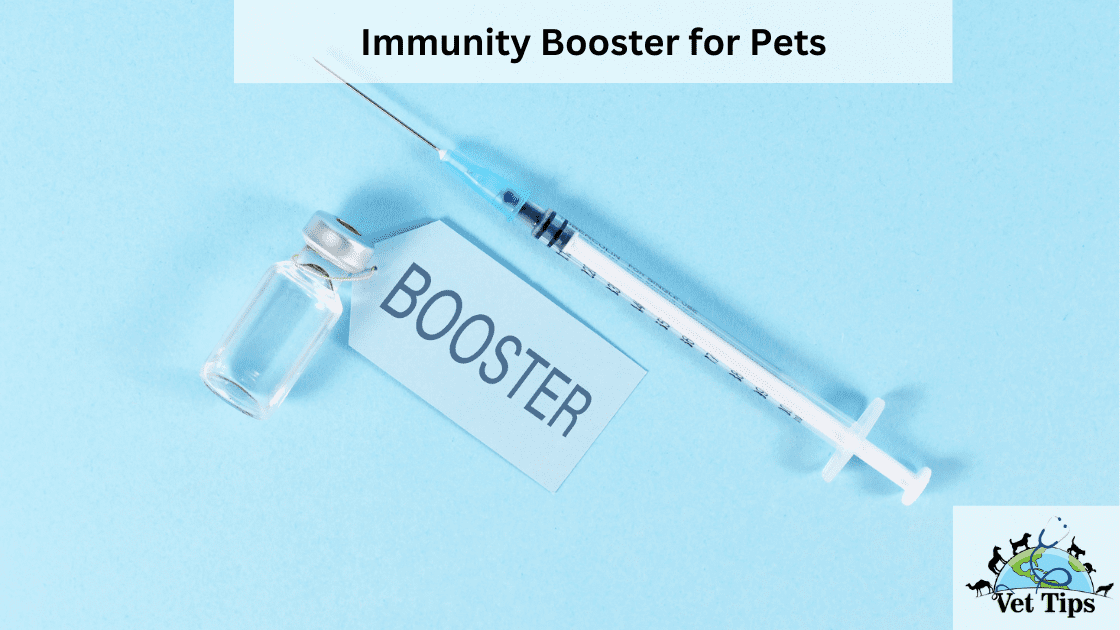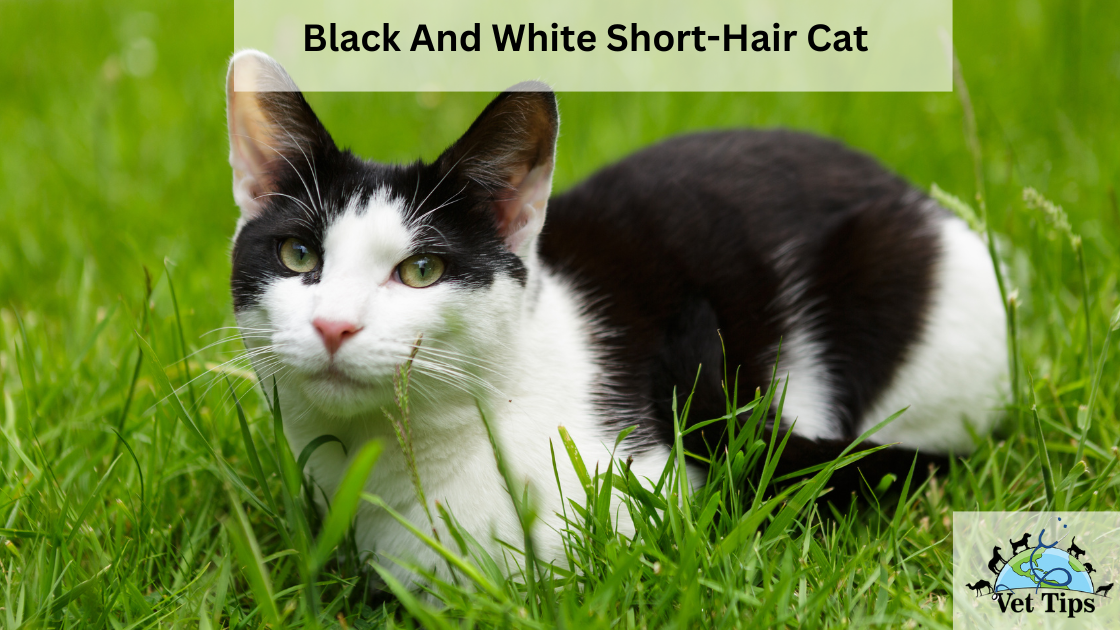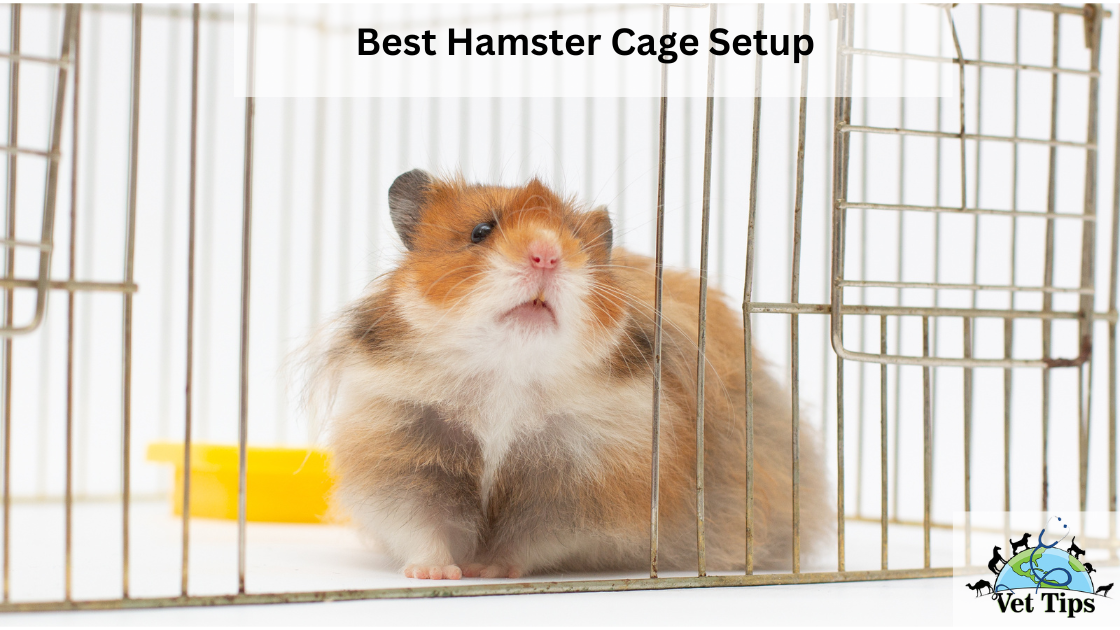When it comes to enhancing the immune system of our cherished pets, few nutrients hold the spotlight quite like vitamin C. This essential vitamin, well-known for its immune-boosting properties in humans, also plays a crucial role in supporting the health and well-being of our furry companions. In this article, we’ll delve into the remarkable benefits of vitamin C as the main immunity booster for pets, shedding light on its mechanisms and importance.
Vitamin C: An Overview
Vitamin C, also known as ascorbic acid, is a water-soluble vitamin that performs a variety of functions in the body. While humans can synthesize vitamin C, many animals, including pets, must obtain it from their diet.
The Role of Vitamin C in Pet Immunity
Vitamin C contributes significantly to the overall health of pets, particularly their immune system. Here’s how:
Antioxidant Power
Vitamin C is a potent antioxidant. It helps neutralize harmful free radicals that can damage cells and compromise the immune system. By reducing oxidative stress, vitamin C supports the body’s ability to fend off infections and illnesses.
Collagen Formation
Collagen, a vital protein, plays a role in maintaining healthy skin, joints, and connective tissues. Vitamin C is essential for the synthesis of collagen, which contributes to the structural integrity of these body parts.
Immune Cell Support
Vitamin C supports the production and function of various immune cells, including white blood cells. These cells are the body’s first line of defense against pathogens, making vitamin C crucial for a robust immune response.
Enhancing Antibody Production
Vitamin C plays a role in the production of antibodies, which are proteins that help identify and neutralize foreign invaders. A well-functioning antibody response is vital for effectively combating infections.
Signs of Vitamin C Deficiency in Pets
Insufficient vitamin C levels can lead to health issues in pets. Some signs of deficiency include:
- Reduced Immunity: Pets might be more susceptible to infections and illnesses.
- Joint Issues: Vitamin C is involved in collagen production, so deficiency can affect joint health.
- Slow Wound Healing: Collagen is essential for wound healing, and deficiency can lead to delayed recovery.
- Lethargy: Pets might appear tired or lack energy.
Providing Vitamin C to Pets
While vitamin C is essential for pets, it’s important to provide it in appropriate amounts. Consult your veterinarian before adding vitamin C supplements to your pet’s diet, as individual needs vary based on species, breed, size, and health status.
Natural Sources of Vitamin C for Pets
Several fruits and vegetables are rich sources of vitamin C and can be included in your pet’s diet with veterinary approval:
- Bell Peppers: A colorful and tasty treat, bell peppers offer a good dose of vitamin C.
- Broccoli: This nutrient-packed vegetable is not only a source of vitamin C but also contains valuable fiber.
- Strawberries: Pets might enjoy these juicy berries, which are a natural source of vitamin C.
- Oranges: Small amounts of orange slices can provide vitamin C, but be cautious due to the sugar content.
2 Other Main Immunity Booster For Pets
1. Prebiotic
Prebiotics, which are often given as a supplement, often provide nourishment for probiotics. These chemicals are a kind of fibre that is water-soluble and may pass through the intestinal tract undigested, providing food for the beneficial bacteria in the colon. Prebiotics and probiotics work together to help maintain the balance of healthy gut flora in the body. Some probiotic supplements contain prebiotics to increase the effectiveness of the probiotics.
Benefits of Prebiotics
Here are just a few of their numerous advantages:
- Preventing blood sugar imbalance: Because prebiotics are fibre, they help to keep blood sugar levels stable by slowing down the digestion process of food and guaranteeing a more thorough breakdown of food in the gut.
- Control intestinal diseases: Having a healthy gut bacteria population is essential for controlling (and eventually curing) all intestinal problems. Managing intestinal disorders can be difficult. Prebiotics aid in healing the gut lining, which helps cure digestive disorders while also allowing for more excellent absorption of nutrients.
- Enhanced immunity in pups: When administered to pregnant and nursing dogs, it has been discovered that the puppies have a more robust immune system as well as a better reaction to immunizations.
- Increasing the body’s ability to absorb nutrients: Prebiotic supplements have the ability to alter the pH of the gut as well as the composition of the gut microbes, making the environment more conducive to mineral absorption. In contrast to other nutrients, vitamins and minerals are able to be utilized by your dog’s body rather than simply passing through.
- May improve bone density and strength: Prebiotics allow more excellent calcium absorption, leading to more bone density and strength.
2. Probiotic
A probiotic is a type of helpful bacteria (such as the L. acidophilus found in yoghurt) that aids digestion while also protecting against infections and enhancing the immune system. Probiotics function in pets in the same way they do in people, but they may be even more crucial for their overall health than humans.
Pets, especially dogs, have ten times the number of microorganisms that humans do! Gut health is essential for a dog’s general health and lifespan since most of the dog’s immune system is found in the GIT. Maintaining the health of your pet’s intestines will assist them in resisting sickness, fighting infections, and maintaining a healthy weight.
Benefits of probiotics
Here are just a few of their numerous advantages:
- Obesity: Probiotics assist your pet in maintaining a healthy weight by lowering glucose levels in the blood.
- Cancer: Reduce the likelihood of developing irritable bowel syndrome or colon cancer.
- Immunosuppression Conditions: Probiotics aid the immune system in the fight against pathogens and help in the prevention of immunosuppression illnesses.
- Allergies: Assist in the alleviation of food allergies and food intolerances.
- Digestive System issues: Probiotics aid in the improvement of digestion and the absorption of essential nutrients.
FAQs regarding Immunity Booster for Pets
Can I give my pet vitamin C supplements meant for humans?
It’s advisable to use pet-specific vitamin C supplements, as human formulations might not be suitable for animals.
Can pets produce their own vitamin C?
Unlike humans, most pets cannot synthesize vitamin C in sufficient amounts, making dietary intake crucial.
How can I tell if my pet needs more vitamin C?
If you notice signs of deficiency, consult your vet. They can recommend appropriate supplementation if necessary.
Can excessive vitamin C be harmful to pets?
While vitamin C is water-soluble and excess is usually excreted, excessive supplementation can lead to digestive upset. Follow your vet’s guidance.
Conclusion: Immunity Booster for Pets
Vitamin C is indeed a powerhouse immunity booster for pets, offering a range of benefits that contribute to their overall health and well-being. From supporting immune cell function to aiding collagen formation, this essential nutrient plays a vital role in maintaining a pet’s vitality. While providing natural sources of vitamin C is beneficial, consulting your veterinarian before introducing supplements ensures that your pet’s needs are met effectively and safely. With your attentive care and the help of vitamin C, your furry friends can enjoy a life filled with energy, resilience, and happiness.
Tell us in the comments, how you like our article “Immunity Booster for Pets”
For similar posts like this, click here.
For the source file, click here.









2 thoughts on “The Powerhouse Immunity Booster for Pets: Unveiling the Benefits of Vitamin C”